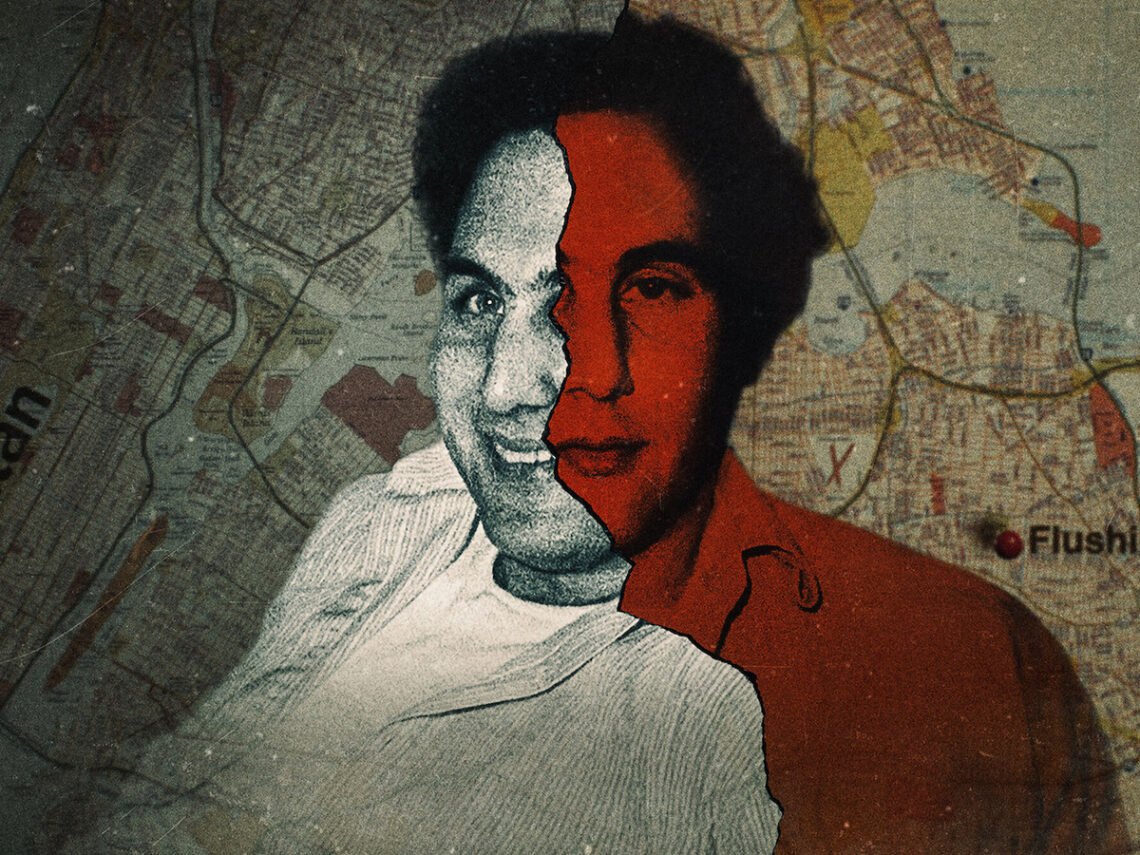
The real horror behind Netflix’s ‘Conversations With a Killer: The Son of Sam Tapes’ is not what you think
Murders are horrific, yes, and particularly these ones. But the most chilling part of the upcoming documentary on Netflix, Conversations With a Killer: The Son of Sam Tapes, is not the violence but how easily a killer became a myth. The real horror lies in how the media, the public, and David Berkowitz himself helped construct a narrative so twisted that it made room for obsession, spectacle, and conspiracy. And we watched it happen.
Streaming from July 30th, this three-part docuseries dives into one of New York’s darkest chapters, the ‘Son of Sam’ killings that left six dead and a city on edge during the summer of 1977. But Netflix is not just recounting crime scenes. It is giving the audience access to never-before-heard audio recordings of Berkowitz from the 1980s, offering a disturbing look into the mind of a man whose crimes gripped an entire nation. The haunting part is how strangely composed, even manipulative, he sounds. It forces viewers to ask, “Why are we still listening?”
And that’s the question this documentary leans into. Berkowitz was not just a murderer but a media creation. Dubbed ‘Son of Sam’ in his infamous letters, he was never shy about toying with the police or the public. Headlines exploded, panic spread, and suddenly, Berkowitz was more than a criminal: he was a persona. A villain worthy of the front page, theories, movies, and now, decades later, a place in Netflix’s ever-growing catalogue of true crime storytelling.
The Son of Sam Tapes is part of Netflix’s long-running Conversations with a Killer series, previously featuring infamous figures like Ted Bundy, John Wayne Gacy, and Jeffrey Dahmer. All three focused on unearthed or archival interviews, revealing how each man twisted truth and confession into a tool for control. But what sets Berkowitz’s story apart is the public’s complicity. In their need for answers, the public gave the murderer what he craved most: attention. And in doing so, helped elevate a criminal into something larger than life.
The documentary also revisits the troubling conspiracy theories that surrounded the case. Was Berkowitz truly acting alone? Were the murders part of a larger Satanic cult? Were there deeper cover-ups that the NYPD never fully addressed? While many of these theories have long been discredited, the fact that they still persist speaks to how deep the lore runs. And it is this myth-making, more than the actual violence, that becomes the central horror.
Netflix’s approach here is stark, patient, and unnervingly intimate. It presents not just the killer’s voice but also reactions from law enforcement, journalists, and people directly affected by the killings. It does not glamorise or dramatise. It lets the words, and the silences between them, speak for themselves. The result is a documentary that does not scream for attention but quietly unsettles your sense of truth and source of fear.
In many ways, The Son of Sam Tapes is less about Berkowitz and more about us, the audience. What draws us to these stories? Why do we keep returning to the darkest corners of humanity with such fascination? And what happens when our obsession starts feeding the very thing we fear?
As true crime continues to dominate streaming platforms, documentaries like this force a necessary pause. They remind us that behind every headline is a victim, a grieving family, and a ripple of trauma that no amount of storytelling can undo. But they also ask us to look inward, to consider how the stories we consume and the way we consume them shape the world around us.
So no, the real horror of The Son of Sam Tapes is not just in the murders. It is in the quiet realisation that we, too, played a part and maybe still do.